Views: 52
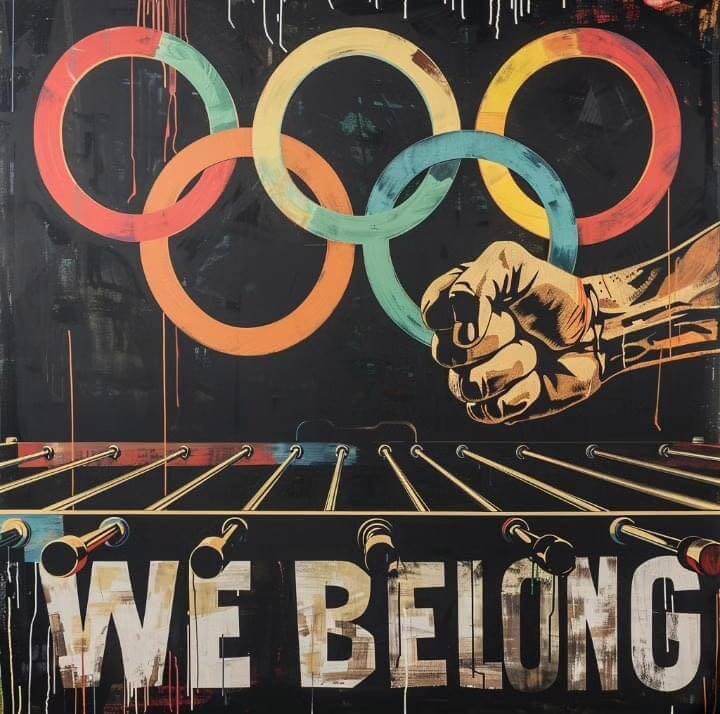
Bộ môn Foosball – Bi Lắc là gì?
Foosball, còn được gọi là Bi Lắc – Banh Bàn (Bóng đá trên bàn bàn), là một trò chơi bàn phổ biến mô phỏng bóng đá.
Chơi trên một bàn với các hình nhỏ cố định, nó bao gồm hai hoặc nhiều người chơi sử dụng các thanh để điều khiển các hình và điều khiển một quả bóng nhỏ vào khung thành đối phương.
Mặc dù foosball có một lượng người hâm mộ trung thành và nhiều giải đấu cạnh tranh trên khắp thế giới, nhưng nó vẫn chưa được đưa vào Thế vận hội – Olympics.
Những tác động tiềm năng và những yêu cầu cần thiết để Bi Lắc trở thành bộ môn Foosball Olympics
Ý tưởng biến foosball thành một môn thể thao Foosball Olympics là rất thú vị và đặt ra câu hỏi về tác động tiềm năng của nó và các đòi hỏi cần thiết để bộ môn Bi Lắc đạt được sự công nhận trở thành bộ môn thể thao trong Olympics gồm:
- Phổ biến toàn cầu: Foosball – Bi Lắc được chơi ở nhiều quốc gia trên thế giới, từ châu Âu, châu Á đến châu Mỹ. Sự phổ biến rộng rãi này chứng tỏ rằng foosball có tiềm năng thu hút một lượng lớn khán giả quốc tế.
- Tính công bằng và không đòi hỏi thể lực quá cao: Foosball Olympics – Bi Lắc không đòi hỏi thể lực cao như các môn thể thao khác, điều này giúp nó trở nên dễ tiếp cận cho mọi người ở mọi lứa tuổi và giới tính. Sự công bằng trong thi đấu là một yếu tố quan trọng mà Ủy ban Olympics Quốc tế (IOC) thường tìm kiếm.
- Kỹ thuật và chiến thuật: Giống như các môn thể thao khác, Foosball Olympics – Bi Lắc đòi hỏi người chơi phải có kỹ thuật, chiến thuật và phản xạ nhanh. Điều này tạo nên sự hấp dẫn và kịch tính trong các trận đấu.
- Tính đa dạng và hòa nhập: Foosball Olympics – Bi Lắc có thể được chơi bởi bất kỳ ai, không phân biệt tuổi tác (già trẻ, lớn bé), mọi giới tính hay khả năng thể chất (kể cả người khuyết tật ở chân). Điều này phù hợp với mục tiêu của Olympics trong việc thúc đẩy tính đa dạng và hòa nhập.
- Giá thành và cơ sở vật chất: So với nhiều môn thể thao khác, Foosball Olympics – Bi Lắc không yêu cầu nhiều về cơ sở vật chất và trang thiết bị. Điều này giúp giảm chi phí tổ chức và dễ dàng phổ biến ở nhiều quốc gia, đặc biệt là những nước có điều kiện kinh tế hạn chế.
- Sự phát triển của foosball chuyên nghiệp: Hiện nay, đã có nhiều giải đấu foosball chuyên nghiệp được tổ chức trên khắp thế giới dưới sự dẫn dắt và bảo trợ của Liên đoàn Bi Lắc Thế Giới – ITSF (International Table Soccer Federation). Việc biến foosball thành một môn thể thao Olympics sẽ thúc đẩy sự phát triển này, thu hút thêm nhiều tài năng mới và nâng cao chất lượng thi đấu.
- Khán giả và truyền thông: Các trận đấu Foosball Olympics có thể thu hút sự quan tâm của khán giả và truyền thông, tạo nên sự kịch tính và thú vị cho các sự kiện thể thao đã và đang trên toàn thế giới.
Việc thúc đẩy foosball trở thành một môn thể thao Olympics sẽ cần sự hỗ trợ từ các tổ chức thể thao quốc tế, các giải đấu chuyên nghiệp và sự quan tâm từ cộng đồng người chơi.
Tuy nhiên, với những ưu điểm và tiềm năng đã nêu, foosball hoàn toàn xứng đáng có cơ hội được xem xét để gia nhập gia đình Olympics.

Foosball Olympics – 7 reasons Foosball should become an Olympic sport
What is Foosball – Table Soccer?
Foosball, also known as Table Soccer, is a popular tabletop game that simulates soccer. Played on a table with small, fixed figures, it involves two or more players who use rods to control the figures and maneuver a small ball into the opposing goal. Although foosball has a dedicated following and numerous competitive leagues around the world, it has yet to be included in the Olympic Games.
Potential Impact and Requirements for Foosball to Become an Olympic Sport
The idea of making foosball an Olympic sport is intriguing and raises questions about its potential impact and the requirements needed for foosball to gain recognition as an Olympic sport, including:
- Global Popularity: Foosball is played in many countries worldwide, from Europe and Asia to the Americas. This widespread popularity demonstrates that foosball has the potential to attract a large international audience.
- Fairness and Accessibility: Foosball does not require high physical fitness like other sports, making it easily accessible to people of all ages and genders. Fairness in competition is a crucial factor that the International Olympic Committee (IOC) often seeks.
- Technical and Tactical Skills: Like other sports, foosball requires players to have technical skills, strategies, and quick reflexes. This creates excitement and drama in matches.
- Diversity and Inclusion: Foosball can be played by anyone, regardless of age (young or old), gender, or physical ability (including those with leg disabilities). This aligns with the Olympic goal of promoting diversity and inclusion.
- Cost and Infrastructure: Compared to many other sports, foosball does not require extensive infrastructure and equipment. This helps reduce organizational costs and makes it easier to popularize in many countries, especially those with limited economic resources.
- Development of Professional Foosball: Currently, many professional foosball tournaments are organized worldwide under the guidance and sponsorship of the International Table Soccer Federation (ITSF). Making foosball an Olympic sport will boost this development, attract more new talents, and enhance the quality of competitions.
- Audience and Media Attention: Foosball matches can attract audience interest and media coverage, creating excitement and interest in sporting events worldwide.
Promoting foosball to become an Olympic sport will require support from international sports organizations, professional tournaments, and interest from the player community. However, with the advantages and potential mentioned, foosball truly deserves the opportunity to be considered for inclusion in the Olympic family.
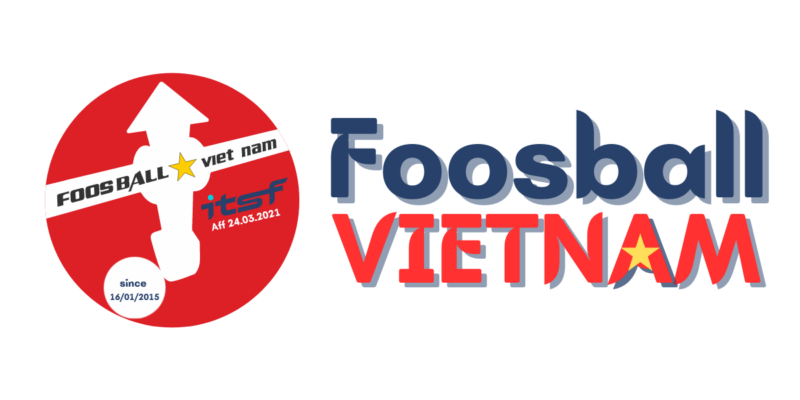
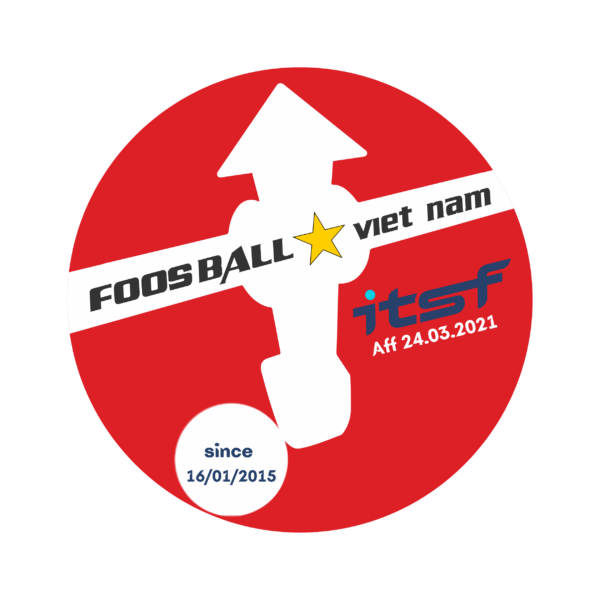
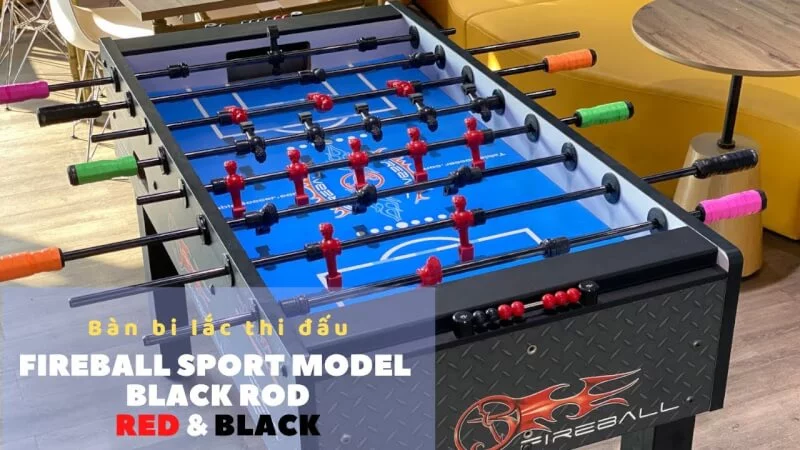
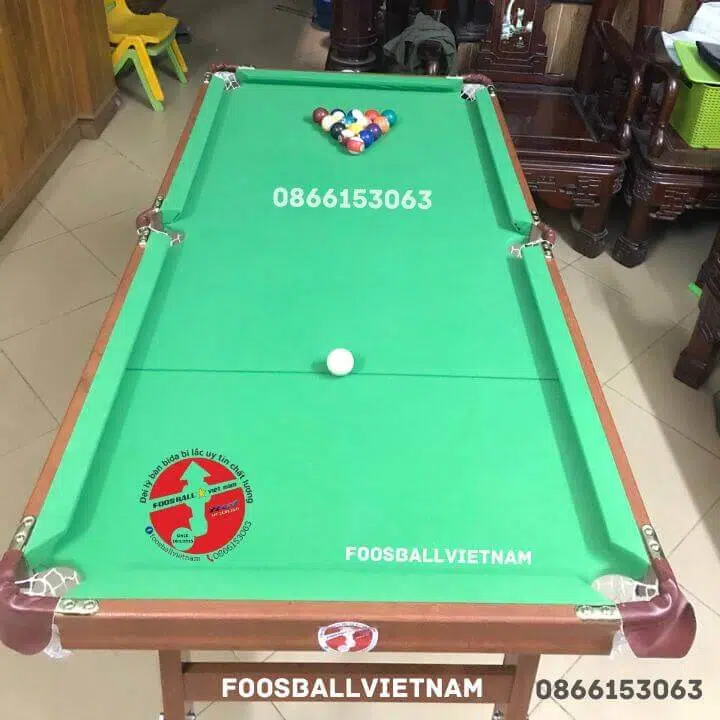
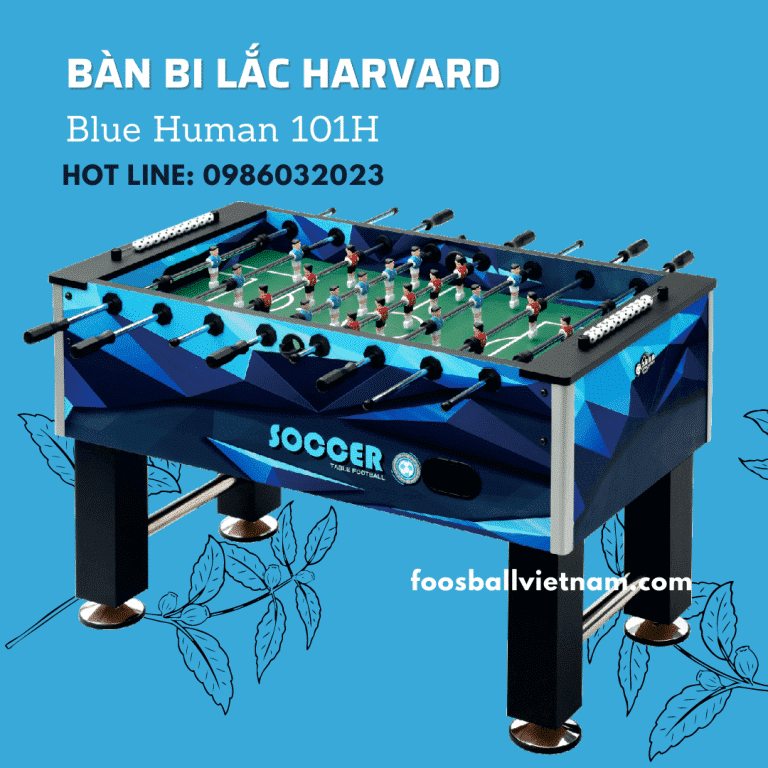
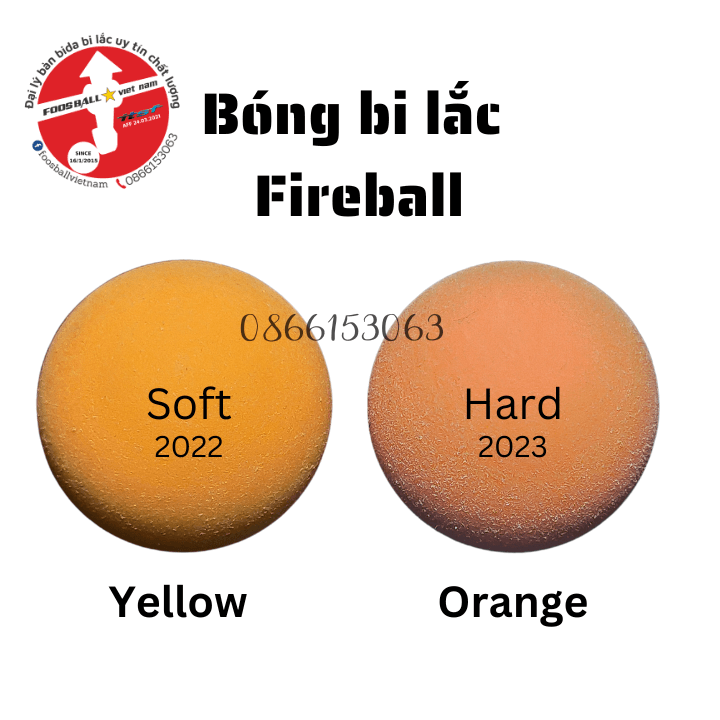
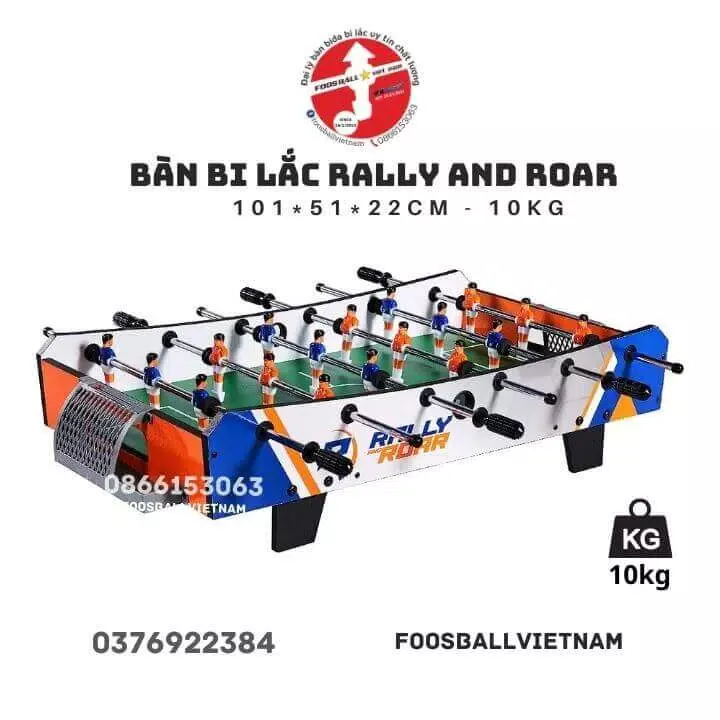

 Bàn bi lắc mini
Bàn bi lắc mini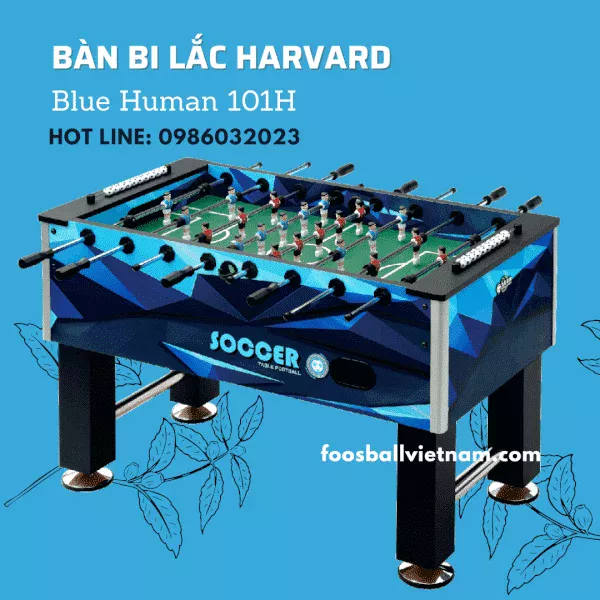 Bàn bi lắc harvard tiêu chuẩn
Bàn bi lắc harvard tiêu chuẩn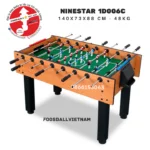 Bàn bi lắc Jiuxing
Bàn bi lắc Jiuxing Bàn bi lắc fireball thi đấu
Bàn bi lắc fireball thi đấu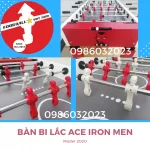 Bàn bi lắc IRON MAN RED
Bàn bi lắc IRON MAN RED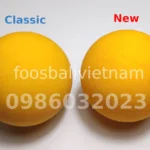 Phụ kiện bàn bi lắc
Phụ kiện bàn bi lắc Bàn bida mini giá rẻ
Bàn bida mini giá rẻ Bàn đa chức năng
Bàn đa chức năng Bóng Rổ
Bóng Rổ
